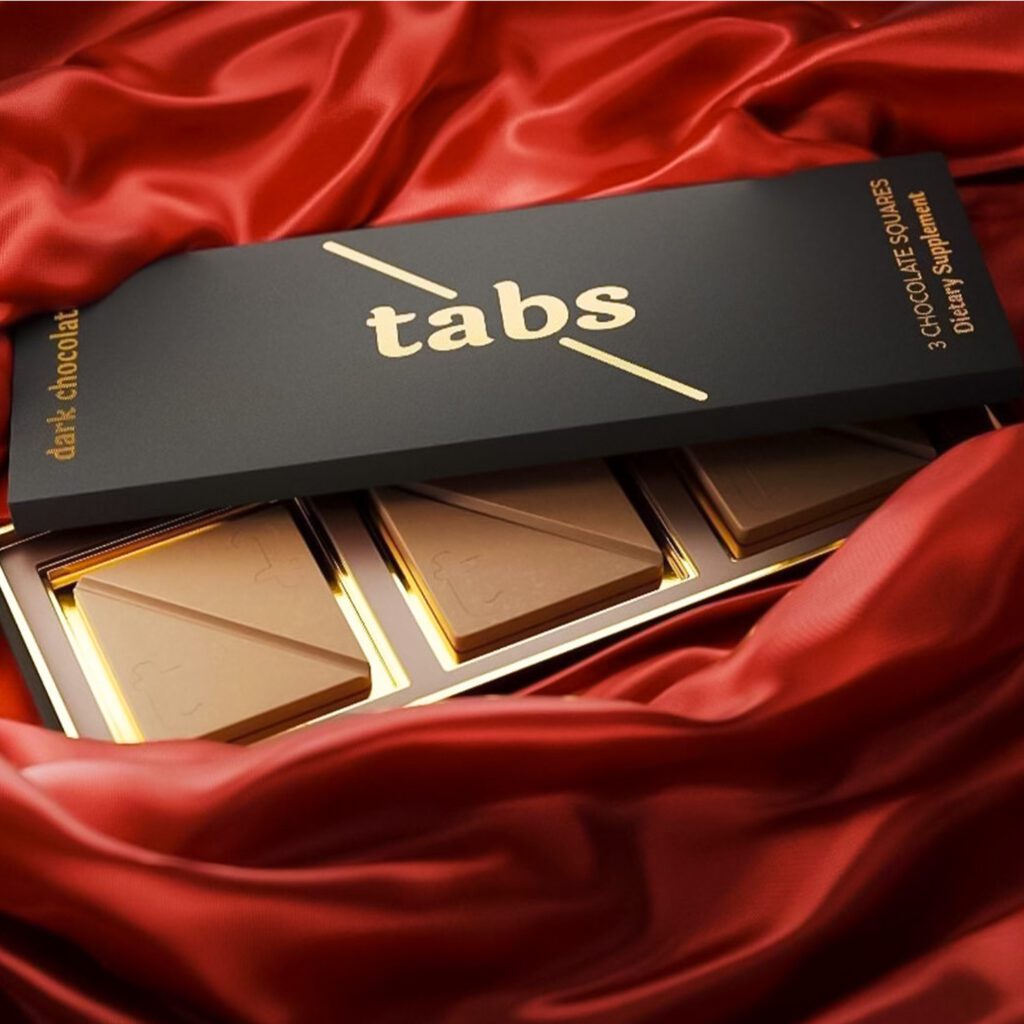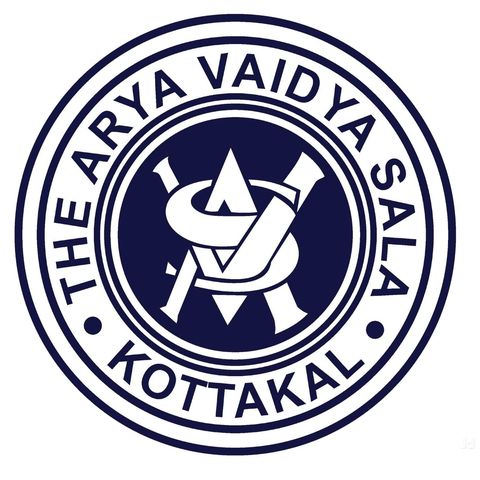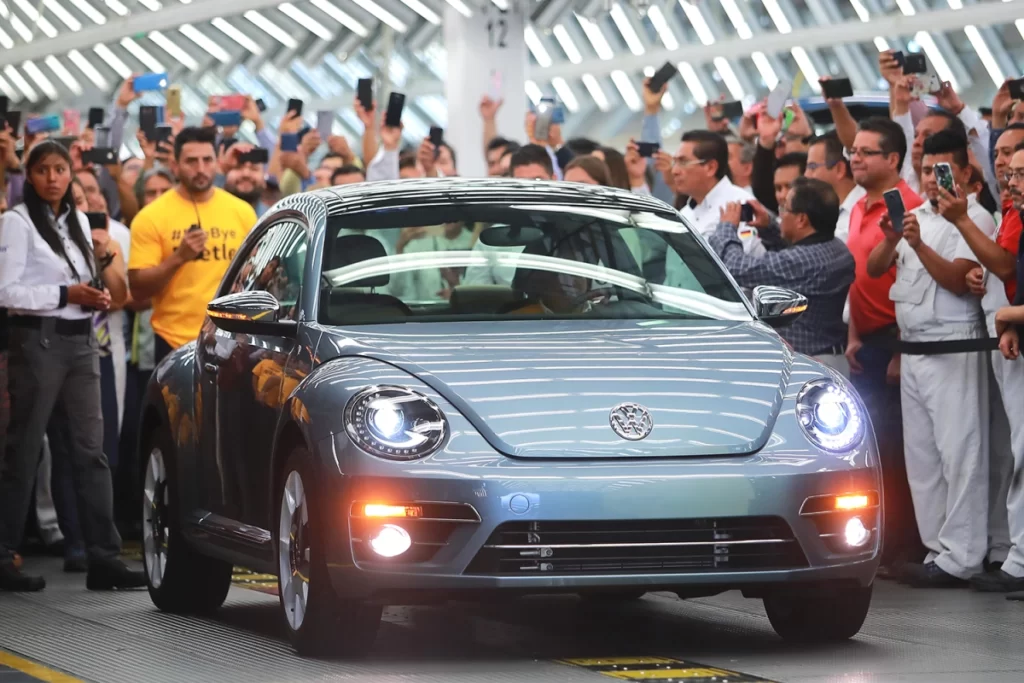Rasna – India’s Favourite Drink!
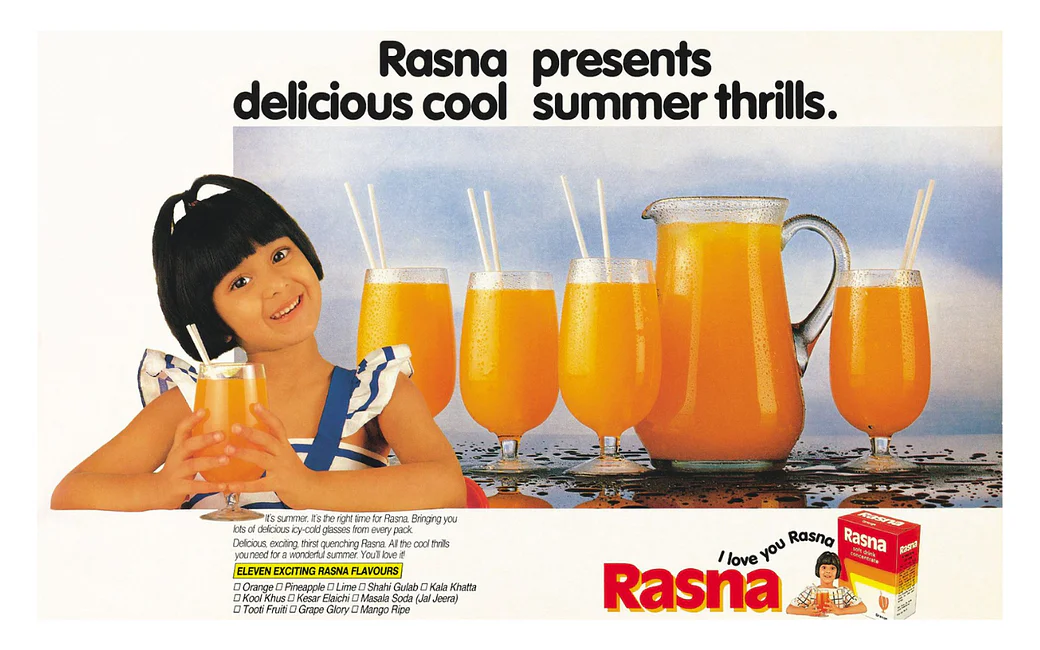
Many Indians grew up viewing the iconic 1980s Rasna commercial and sipping the beverage. Rasna is a household name in the nation.
In the 1920s, Phirojshaw Khambatta established a business-to-business operation centred on the production of carbonated drinks. In the 1950s, it began selling flavour concentrates.
Areez Pirozsha Khambatta, his son, joined the family firm in 1962 and ran the operations, targeting both businesses and consumers.
Areez Khambatta, a professional flavorist, invented Jaffe, an Indian market ready-to-drink mix product. The name “Jaffa” oranges is where the term “Jaffe” originated.
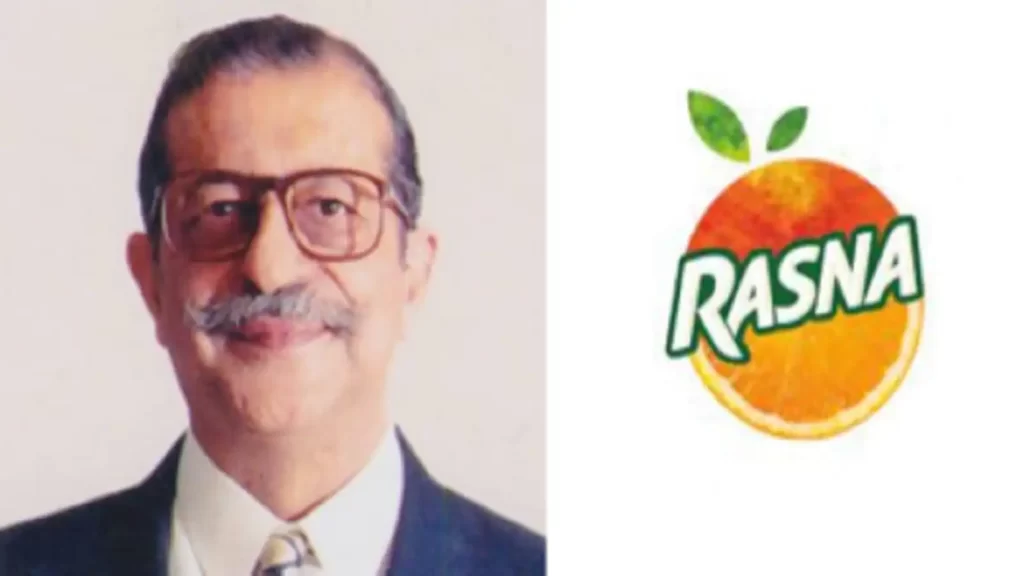
In the Indian states of Gujarat and Maharashtra, Jaffe’s influence was substantial. This product’s marketing was handled by Voltas, a Tata group firm. Ogilvy & Mather (O&M) was hired by Voltas to handle its advertising. People did not understand the term “Jaffe,” and the name was deemed too European. The name was altered so that Indian customers would have an easier time remembering it. They decided to introduce an ‘Indian-sounding’ name, and thus Rasna was created.
The brand was promoted in a pack that cost Rs 5 and included enough concentrate to make 32 glasses of the orange-flavoured drink at a cost of 15 paise each.
Multiple names were apparently proposed by the agency, but Rasna was chosen. The name “Rasna” is derived from the word “Ras,” which means juice. Therefore, the name seemed like it would be fitting for a fruity beverage. O&M’s initial foray into advertising was a print ad in the local newspaper.
Coca-Cola famously withdrew from India in 1977, not long after Pioma Industries’ beverage debuted, citing difficulties with Indian regulations. This created more room in the market for beverages made in India, such as Rasna.
At one point in time in the late 1980s, management decided to spread the company’s operations over all of India. Khambhatta contacted Rallis and Corn products after two years of Voltas managing the distribution of Rasna, but that did not happen. Pioma Industries, however, established its distribution network since that did not occur.
As a result, it also took over the product’s marketing, ushering in the storied partnership with ad agency Mudra and the I Love You Rasna campaign. (For details read – https://onlykutts.com/index.php/2021/07/04/rasna-i-love-you/)
Kissan Fruit Kick, Coca-Cola Sunfill, Fanta powder, and Tropicana powder were just a few of the brands that sought to compete with Rasna throughout the years but were ultimately forced to pull off shelves. Rasna was well-received by buyers because of its “unique” flavour. Rasna entered the market and quickly became dominant just when branded products were beginning to establish themselves as a staple of the Indian consumer’s diet. Rasna’s products were built on a simple premise: people like mixing their beverages, which has become a fun family tradition.
In the 1990s, Rasna used every conceivable Indian flavour, from Alphonso Mango to Shikanji Nimbupani and Kala Khatta. The company Rasna International introduced India to the world of powdered drinks in the early 2000s.
The setting for mixing beverages has shifted. And with a plethora of competitors in urban India, including packaged fruit juices and flavoured beverages, appears to be aware of the need to experiment and diversify. It has been almost two years since Rasna’s sub-brand, Rasna Native Haat, which promotes the idea of “Pure Natural,” expanded into the health and natural goods market. In this vein, the firm has released such products as Honey, Aam Panna, and Shikanji (powders). They only recently expanded to include malt-based health drinks.
